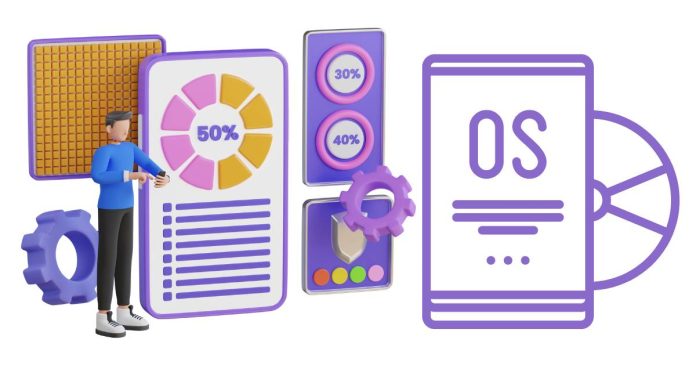Learning about operating systems (OS) can be an exciting journey, especially if you’re fascinated by how computers work at a deeper level. But before diving into the complexities of process scheduling, memory management, or file systems, it’s essential to ensure you have a solid foundation. Here are the key prerequisites you should have:
1. Basic Computer Knowledge
Start with a general understanding of how computers work. Familiarize yourself with hardware components like the CPU, memory (RAM), storage devices, and input/output peripherals. This knowledge will help you connect OS concepts to real-world computer functions.
2. Programming Skills
Having a good grasp of at least one programming language, preferably C or C++, is crucial. Operating systems often involve low-level programming, and C is widely used for OS development. Knowing how to write, debug, and optimize code is a must.
3. Data Structures and Algorithms
Understanding core data structures like arrays, linked lists, stacks, queues, and trees, as well as algorithms for searching, sorting, and recursion, is vital. These concepts are deeply integrated into how an OS handles processes, memory, and files.
4. Computer Architecture
Familiarity with the basics of computer architecture—like how the CPU, memory hierarchy, and I/O devices work—is essential. Concepts like registers, instruction cycles, and interrupts will provide context for OS functions.
5. Basic Mathematics
A solid foundation in discrete mathematics, logic, and probability will help you understand algorithms, resource allocation, and other OS-level computations.
6. Problem-Solving Skills
Since operating systems involve troubleshooting and optimization, having strong analytical and problem-solving skills is invaluable. Be ready to think critically about how resources are managed and processes are scheduled.
7. Familiarity with Command-Line Interfaces
Spend time using command-line tools like Bash or PowerShell. Understanding how to navigate and perform tasks in a command-line environment gives you hands-on experience with OS-level operations.
Operating systems are at the heart of modern computing, and learning about them can open doors to advanced programming, system administration, and more. By mastering the prerequisites above, you’ll build a strong foundation for understanding and working with operating systems. Take it step by step, and soon you’ll be navigating the intricacies of OS design with confidence!



